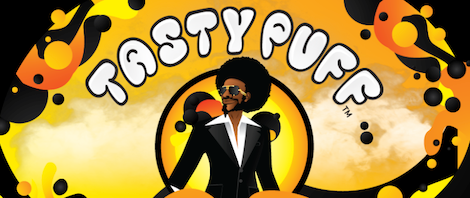A study entitled "Treatment-resistant OCD: Pharmacotherapies in Adults" that was published in the journal Comprehensive Psychiatry explored the "clinical features of obsessive-compulsive disorder (OCD) that have been associated with poorer response to serotonin reuptake inhibitor drugs (SRIs)" and presented "pharmacotherapeutic interventions that have been explored as augmenting or alternative treatments for treatment-resistant OCD."
The study investigated a number of "non-SRI interventions for OCD," including cannabinoids from cannabis and hemp.
The study reported that obsessive-compulsive disorder, commonly known as OCD, is a normally chronic condition involving repeated experiences of "unwanted, distressing, and intrusive thoughts (obsessions) and/or repetitive or ritualized behaviors (compulsions)" that are typically performed to reduce obsession-associated anxiety. Thus, OCD is categorized as an anxiety disorder.
According to the Mayo Clinic, OCD features a pattern of undesired thoughts and fears that lead sufferers to repetitive behaviors that interfere with daily activities and cause "significant distress." It noted that OCD patients "may try to ignore or stop their obsessions, but this only increases their distress and anxiety."
The famous clinic reports that, ultimately, OCD sufferers feel driven to perform compulsive acts in an effort to ease their anxiety. "Despite efforts to ignore or get rid of bothersome thoughts or urges, they keep coming back. This leads to more ritualistic behavior—the vicious cycle of OCD," reported the organization.
It noted that OCD sometimes centers around particular themes, including excessive fear of things like contamination from germs and that this fear may result in detrimental behavior (in this case, the compulsive washing that leads to sore or chapped hands). The Clinic explained that many OCD patients are ashamed or embarrassed by their condition.
The study about alternative OCD treatments reported that, while research on cannabinoids for OCD is relatively limited, some scientific investigations have revealed a "significant decrease in OCD symptoms" after treatment with dronabinol, a synthetic version of THC.
The scientists reported that a recent month-long clinical trial involving 11 "drug-naive OCD patients" explored the use of nabilone (another synthetic form of THC) and found that this drug exerted "minimal symptom improvement." Likewise, another clinical trial involving 14 OCD patients who smoked cannabis featuring different combinations of CBD and THC reported no difference in responses from patients given the actual cannabinoids versus those administered placebos.
However, an online survey of OCD patients who smoked cannabis to manage and improve their OCD symptoms reported that the majority noted (via self-reporting, a notoriously inaccurate form of data gathering) improvements and an "acute positive effect of cannabis products on their OCD symptoms." For patients featuring comorbid (simultaneously occurring) Tourette syndrome and OCD, the study data is mixed, with some research demonstrating improvements and other investigations not.
As is stressed by most studies regarding the efficacy of marijuana for nearly any disease state, disorder, or condition, this one stressed that more research is necessary. This includes pre-clinical investigations involving cell cultures and animals as well as clinical trials with humans, including long-term trials with large cohorts (groups of participants). While larger cohorts provide more meaningful data, they feature the disadvantages of being more expensive and difficult to manage.
Read More, Learn More: Higher Learning LV




















